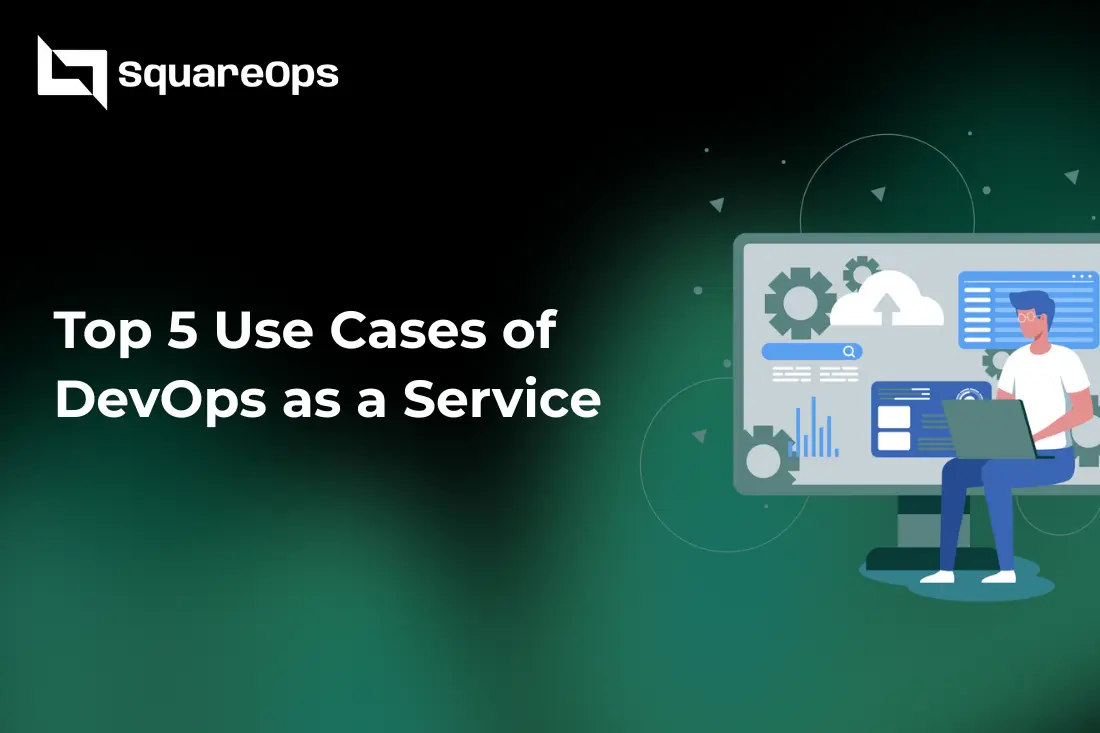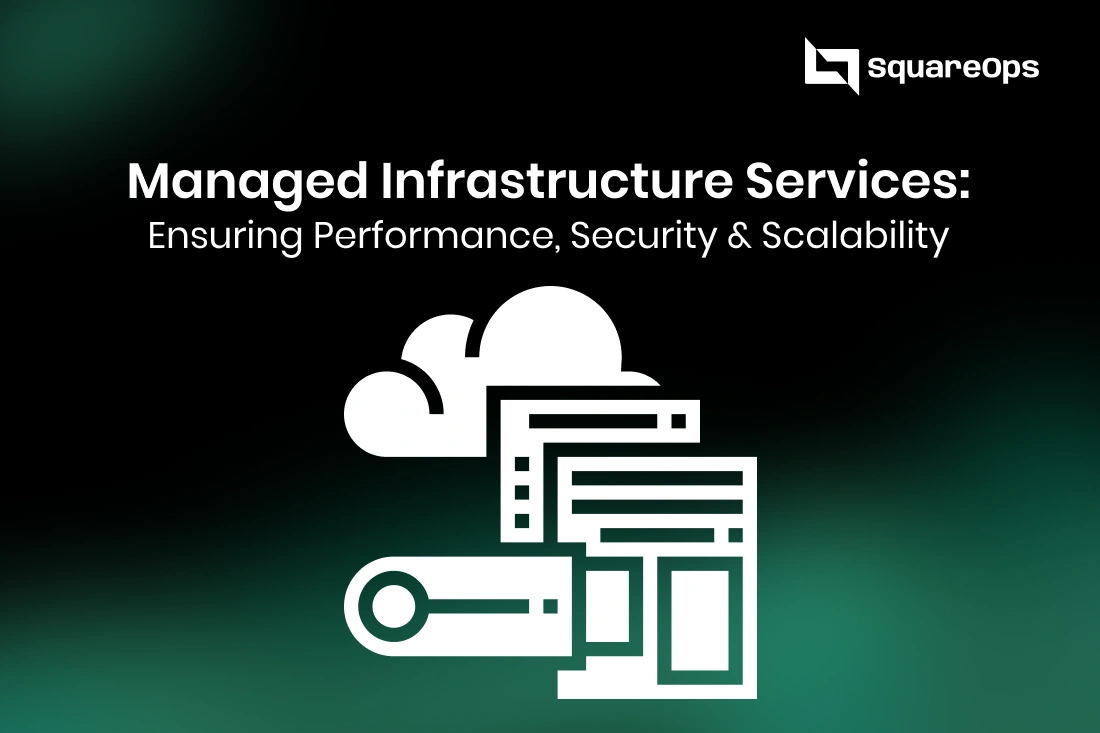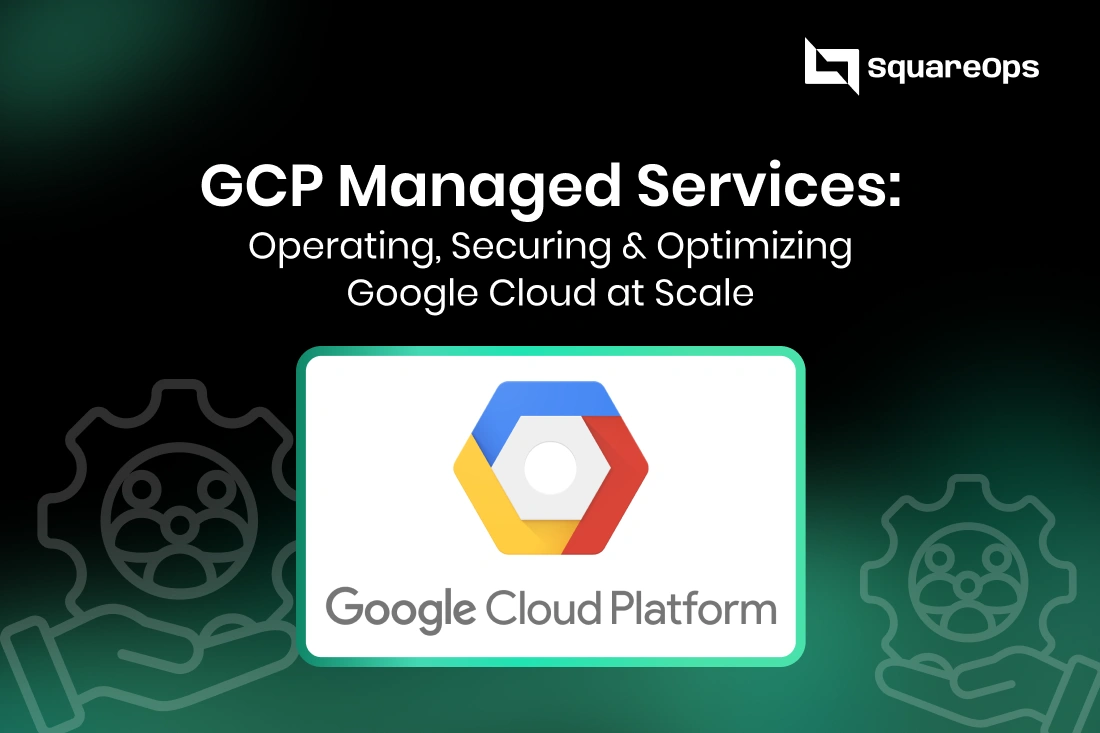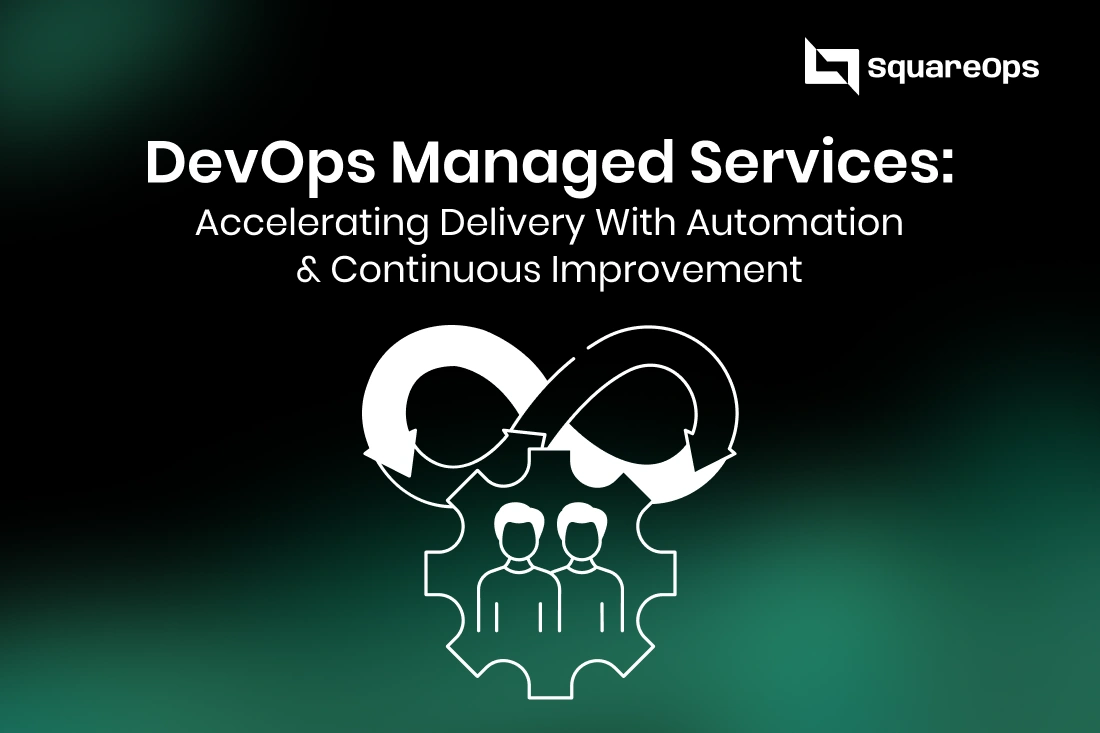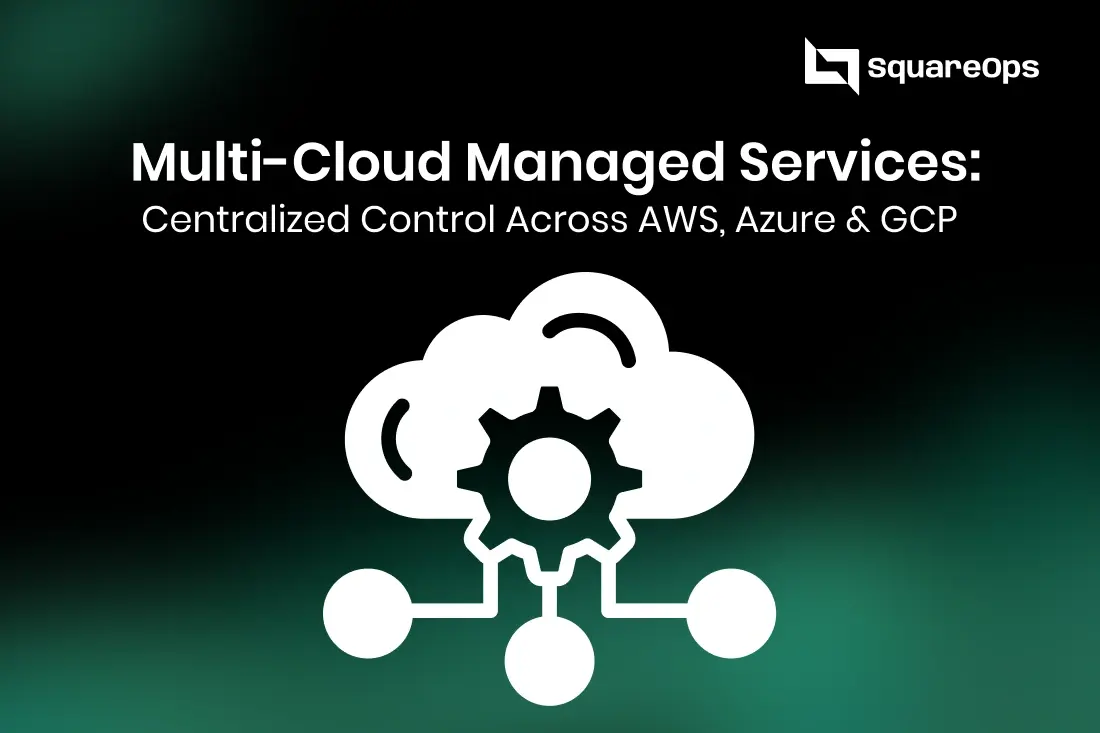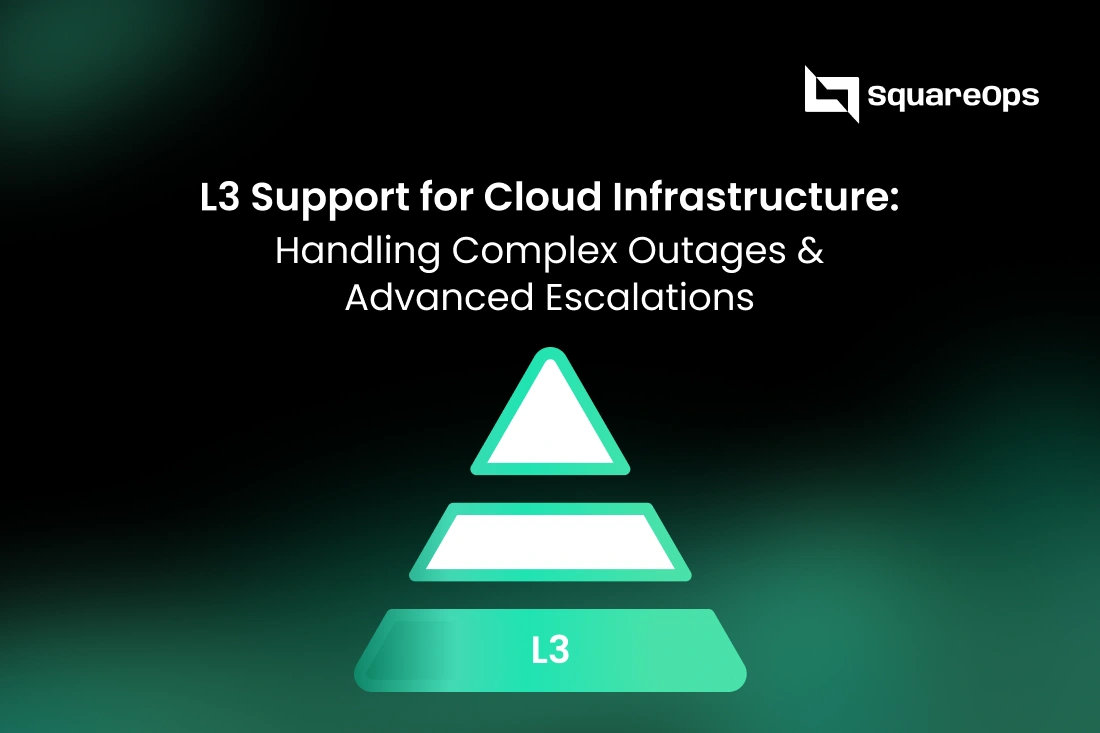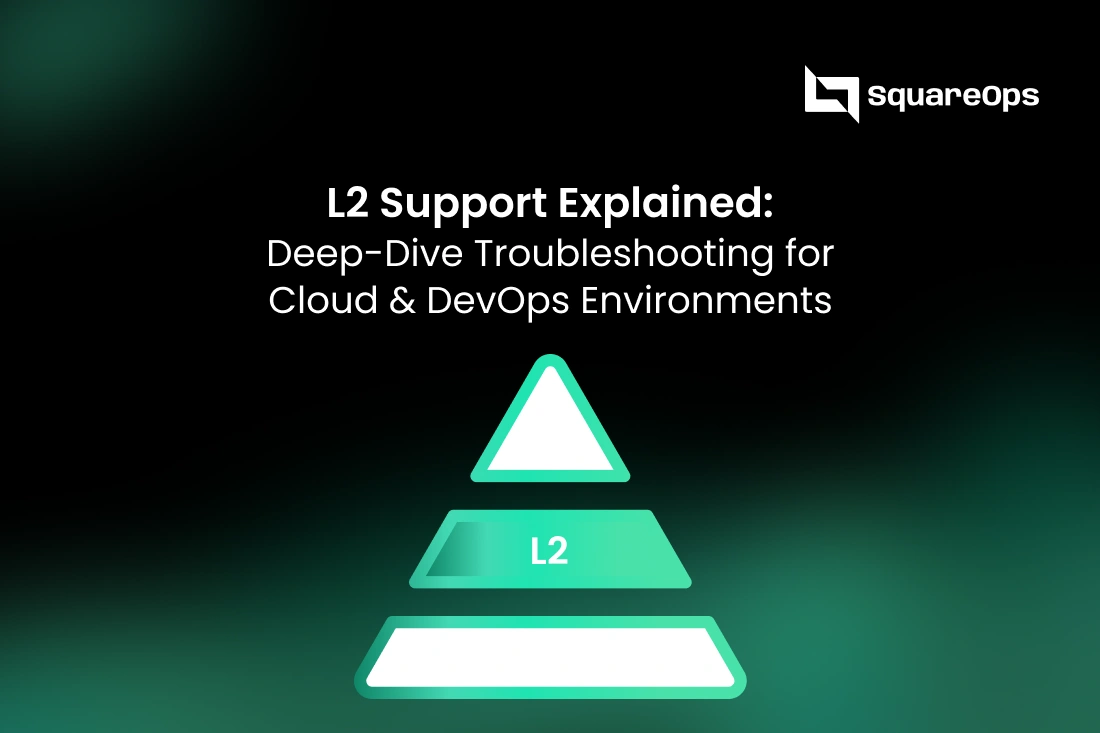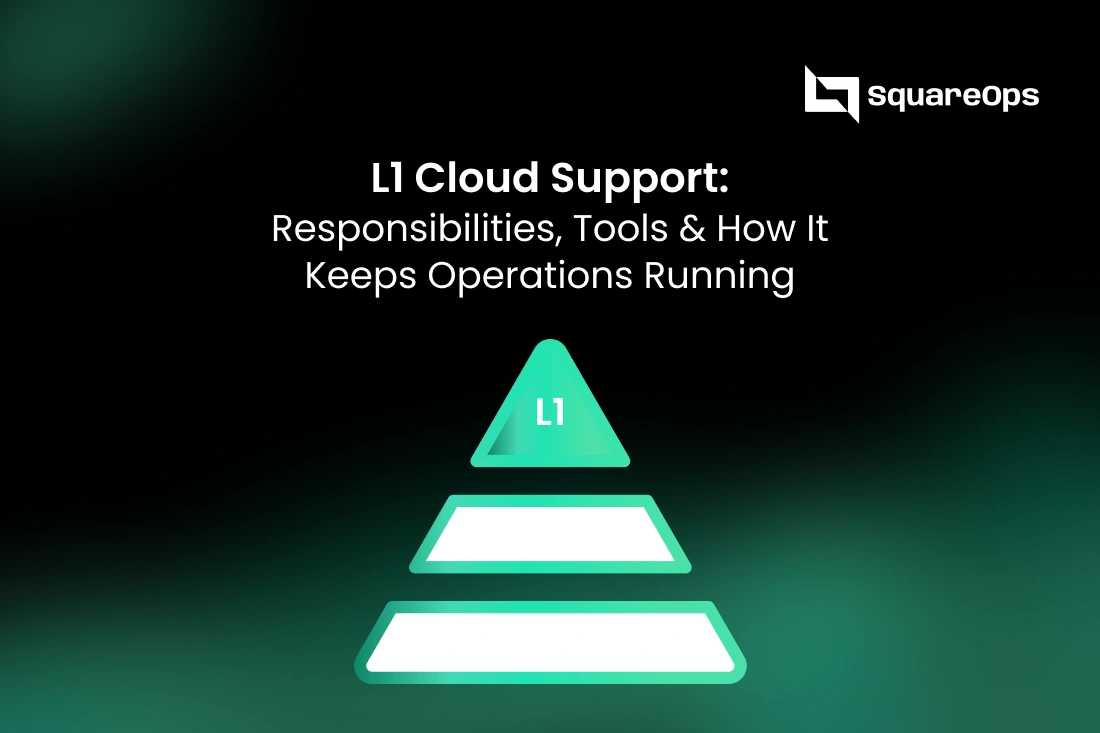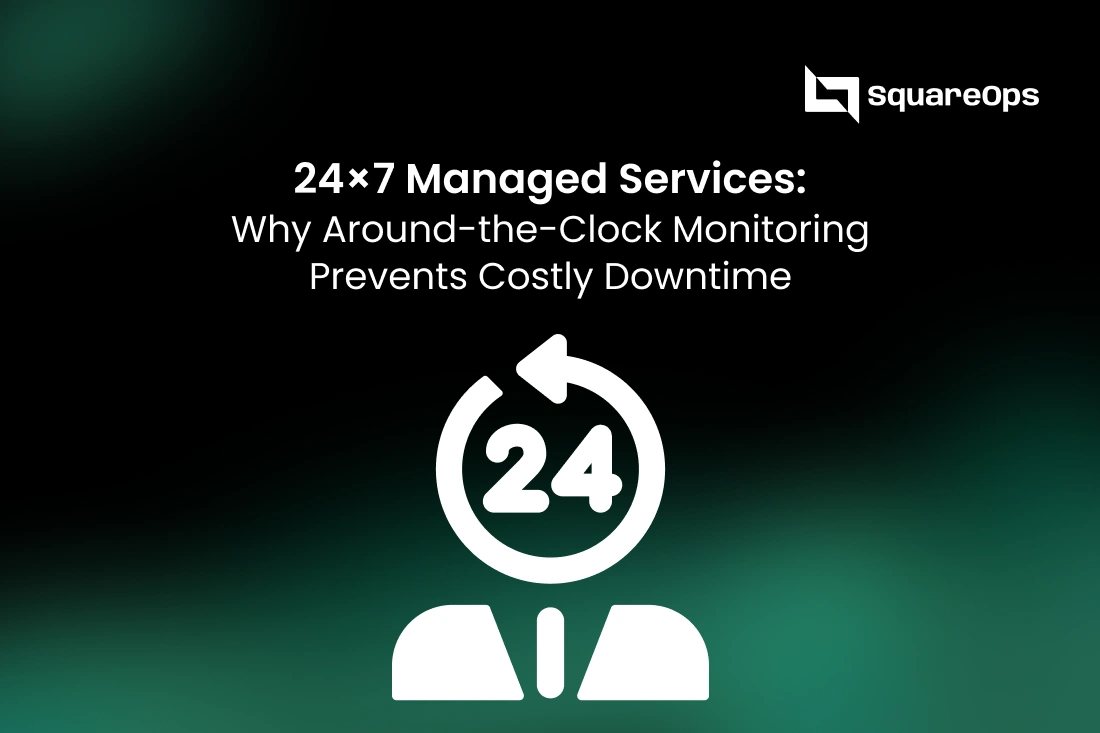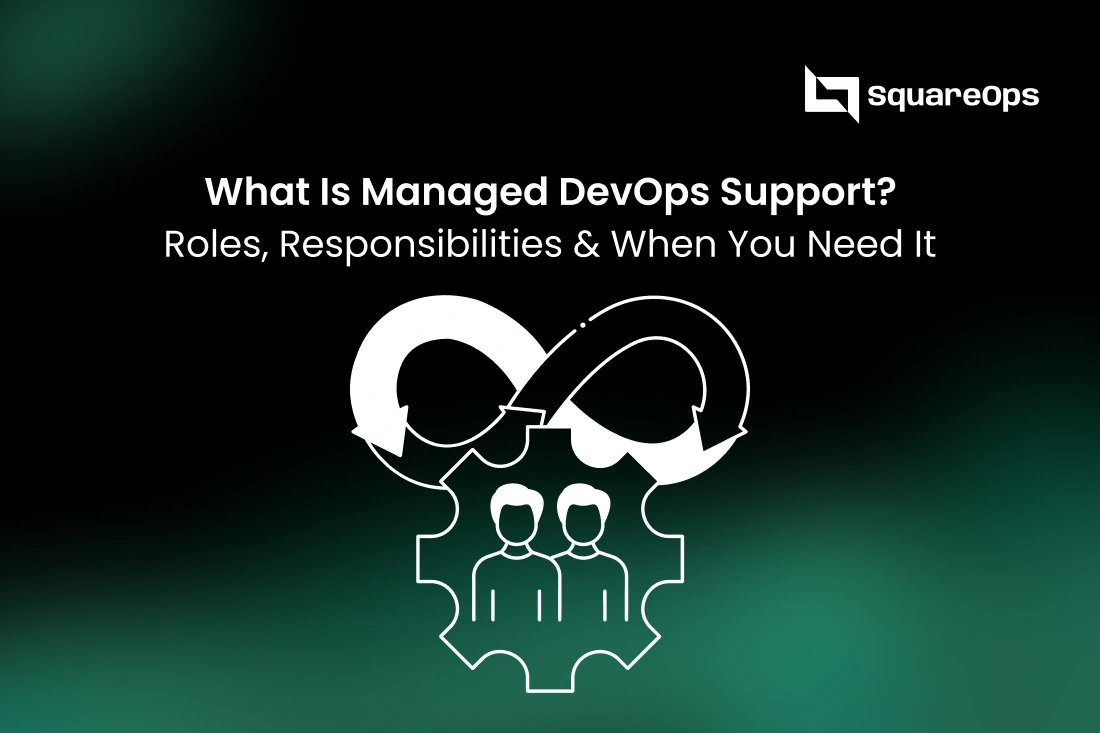In today’s hyper-competitive digital landscape, businesses are under constant pressure to release products faster, with better quality and increased reliability. While DevOps has been the backbone of high-performing tech teams, managing DevOps pipelines in-house can be resource-intensive and complex. Enter DevOps as a Service (DaaS) — an outsourced model that simplifies the implementation and management of DevOps practices across your organization.
In this guide, we’ll break down what DevOps as a Service is, why it’s gaining rapid traction, and explore the top 5 real-world use cases that demonstrate its transformative power. Whether you're a fast-growing startup or an enterprise modernizing legacy systems, this guide will show you how DaaS can help you scale with confidence.
What is DevOps as a Service?
DevOps as a Service is a cloud-based service delivery model where DevOps processes and toolchains are outsourced to an external provider. Instead of building and managing in-house infrastructure for CI/CD, monitoring, version control, security compliance, and environment provisioning, businesses partner with specialized vendors like SquareOps to handle the end-to-end DevOps lifecycle.
DaaS providers leverage cloud-native tools (like Jenkins, GitHub Actions, Terraform, Docker, Kubernetes, and AWS/GCP/Azure services) to create scalable, automated, and resilient development pipelines. With DevOps experts managing your backend operations, your internal teams can focus on innovation and product delivery.
Key Services Offered in DaaS:
- CI/CD Pipeline Setup and Maintenance
- Infrastructure as Code (IaC) and Configuration Management
- Environment Provisioning (Dev, QA, Prod)
- Cloud Cost Optimization
- Monitoring and Alerting (Prometheus, Grafana)
- Security and Compliance Automation (SOC2, HIPAA)
Key Benefits of DevOps as a Service
- Faster Time to Market: Rapid deployment pipelines reduce lead time from code commit to production.
- Cost Efficiency: Pay for what you use; avoid the overhead of building in-house DevOps teams.
- Scalability: Easily scale your infrastructure up or down based on demand.
- Expertise on Demand: Get access to certified cloud and DevOps engineers with deep domain knowledge.
- 24/7 Monitoring and Support: Automated alerts and proactive incident response reduce downtime.
Top 5 Real-World Use Cases of DevOps as a Service
1. SaaS Startups Scaling Quickly
Startups need speed and agility. Most don't have the bandwidth to set up robust CI/CD pipelines, monitoring tools, and scalable cloud environments. DevOps as a Service is a game changer for them.
Example: A seed-stage SaaS company wants to release weekly feature updates. By partnering with a DaaS provider:
- GitOps workflows are implemented using ArgoCD
- CI/CD pipelines are automated for each microservice
- Kubernetes is used for container orchestration on AWS EKS
- Monitoring and alerts are set up using Prometheus and Grafana
Result: Deployment frequency improved 3x, and downtime reduced by 70%.
2. Enterprises Migrating to the Cloud
Large enterprises often struggle with cloud migration and legacy modernization. DevOps as a Service accelerates this transition by building and managing the necessary cloud-native infrastructure.
Example: A retail enterprise migrating from on-prem to AWS:
- IaC templates created with Terraform for multi-region deployments
- Data migration automated using AWS DMS
- Monitoring, alerting, and disaster recovery plans implemented
Result: Migration completed 40% faster, with 24/7 operational continuity and compliance alignment.
3. Teams with Limited In-House DevOps Resources
Many product teams have strong developers but lack the infrastructure expertise. Outsourcing DevOps allows them to focus on application logic while experts handle deployment, scaling, and uptime.
Example: A digital marketing firm relies on internal devs for app development. With SquareOps handling DevOps:
- CI/CD integrated with GitHub Actions
- Cloud infrastructure auto-scales based on traffic
- SLAs defined for deployment success and rollback strategies
Result: Improved developer productivity and 99.95% uptime.
4. FinTech & Healthcare Firms Needing Compliance
Security and compliance are critical for industries like FinTech and Healthcare. DevOps as a Service can automate compliance workflows and ensure end-to-end visibility.
Example: A FinTech firm preparing for SOC2 compliance:
- Automated policy checks integrated into CI/CD pipelines
- Role-based access controls and encrypted secrets management
- Monitoring dashboards with real-time audit logs
Result: Passed SOC2 audit with minimal rework and zero production issues.
5. Global Product Teams Releasing Round-the-Clock
Product teams in different time zones need round-the-clock support and deployment flexibility. DevOps as a Service enables global CI/CD workflows and support coverage.
Example: A collaborative design SaaS with teams in the US, EU, and India:
- Canary deployments handled automatically
- Environment promotion via Slack-integrated approval workflows
- 24/7 support for hotfixes and rollbacks
Result: Continuous delivery across time zones with near-zero latency in release management.
DevOps as a Service vs In-House DevOps
Feature | DaaS | In-House DevOps |
Setup Time | Weeks | Months |
Cost | Flexible (Pay-as-you-go) | Fixed salaries + overhead |
Expertise | Industry-certified teams | Limited to internal skills |
Scalability | High | Medium |
24/7 Support | Included | Not always available |
Compliance Readiness | Pre-configured frameworks | Custom-built |
Choosing the Right DevOps as a Service Partner
Not all DaaS providers are the same. Here’s what you should look for:
- Experience across cloud providers (AWS, Azure, GCP)
- Certifications (AWS Certified DevOps Engineer, Kubernetes Admin, etc.)
- Security-first mindset
- Customizable engagement models (project-based, monthly retainer, on-demand)
- Client testimonials and case studies
Why Choose SquareOps?
- 50+ DevOps experts with multi-cloud experience
- Proven results for SaaS, FinTech, and enterprise brands
- End-to-end delivery from audit to implementation
- Transparent pricing and fast onboarding
Conclusion
DevOps as a Service is not just a trend; it’s a practical solution for modern engineering teams looking to scale efficiently. Whether you’re a lean startup or a large enterprise, the benefits of DaaS — speed, reliability, cost-effectiveness, and expertise — are too compelling to ignore.
If you're looking to modernize your operations, reduce cloud spend, and ship faster, it might be time to partner with a trusted DevOps consulting firm.
